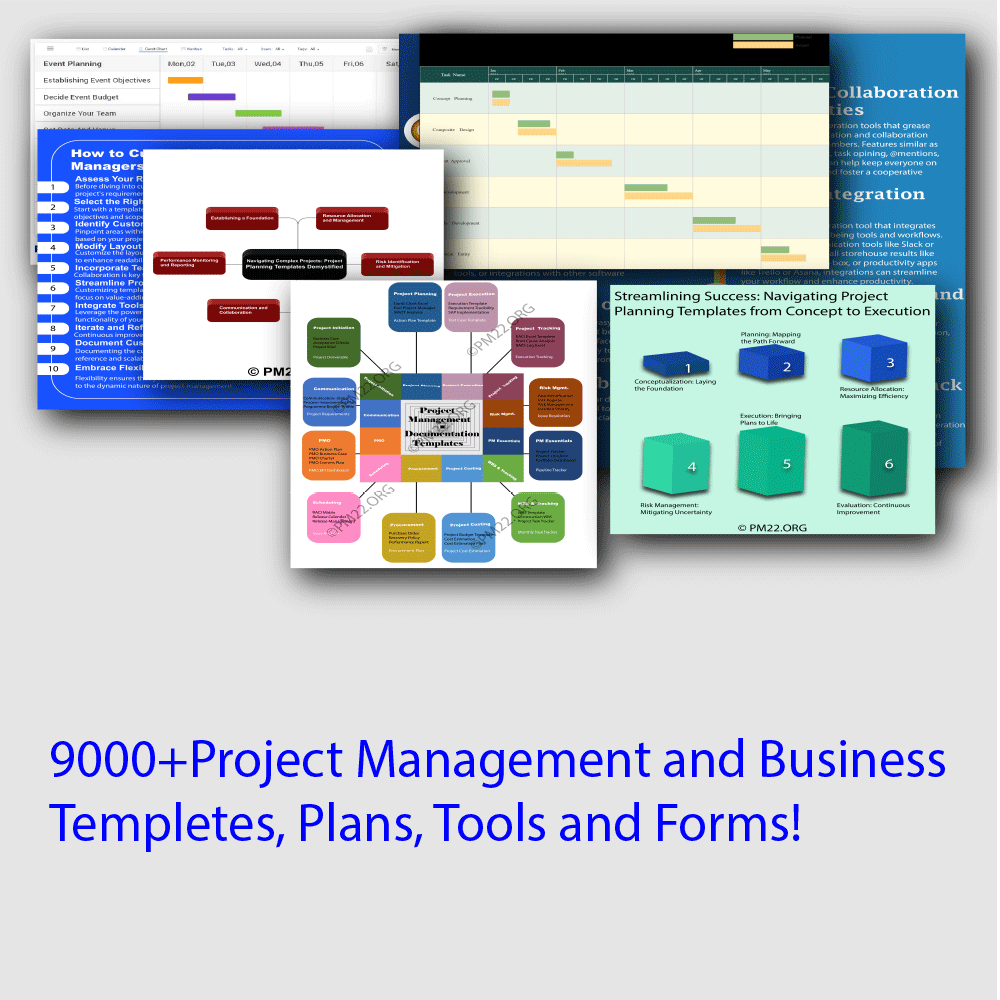 Managing a project is like balancing on a tightrope—delivering on time while keeping costs in check is the ultimate goal. Whether you’re a seasoned project manager or just starting, the pressure to meet deadlines and stick to the budget can be overwhelming. But with the right strategies, it is possible. Let’s dive into practical tips that will help you deliver your projects both on time and under budget.
Managing a project is like balancing on a tightrope—delivering on time while keeping costs in check is the ultimate goal. Whether you’re a seasoned project manager or just starting, the pressure to meet deadlines and stick to the budget can be overwhelming. But with the right strategies, it is possible. Let’s dive into practical tips that will help you deliver your projects both on time and under budget.
- Start with a Solid Plan
Every successful project begins with a well-thought-out plan. It’s your roadmap to guide the team and ensure everyone is on the same page. A detailed plan identifies tasks, timelines, resources, and costs.
- Set Clear Goals: Define the project’s scope and ensure everyone understands the key objectives. What are you trying to achieve? Setting clear, measurable goals from the start prevents scope creep—when extra tasks are added without adjusting deadlines or budget.
- Break Down Tasks: Break the project into smaller, manageable tasks. It’s easier to track progress when you can check off smaller pieces of the puzzle.
- Create a Realistic Timeline
One of the biggest challenges in project management is estimating time accurately. It’s tempting to set aggressive deadlines to impress stakeholders, but unrealistic timelines often lead to missed deadlines and frustration.
- Buffer for Delays: Always include a buffer for potential delays. Not every task will go as smoothly as planned. Having extra time for unforeseen issues gives your team breathing room.
- Use Historical Data: If you have experience with similar projects, look back at how long those took. Learning from the past helps create a more realistic timeline.
CLICK HERE TO DOWNLOAD 300+ PROJECT MANAGEMENT TEMPLATES & DOCUMENTS IN EXCEL
- Manage Your Budget Wisely
To stay under budget, careful financial management is essential throughout the project’s lifecycle. It’s not just about tracking expenses; it’s about planning for them upfront.
- Set a Detailed Budget: Right from the start, allocate costs to each part of the project, including labor, materials, and unexpected expenses. A detailed budget allows you to track spending and adjust if costs start creeping up.
- Monitor Regularly: Keep a close eye on expenditures throughout the project. Regularly compare actual costs to your planned budget. If you see that you’re spending more than expected, it’s easier to make adjustments early on rather than scrambling later.
- Prioritize Communication
Effective communication is one of the most important yet often overlooked elements of project management. Keeping everyone informed prevents misunderstandings and ensures that the project stays on track.
- Regular Check-Ins: Set up regular meetings with the team to discuss progress, challenges, and changes. These meetings provide an opportunity to catch issues early and address them before they escalate.
- Transparency with Stakeholders: Keep stakeholders informed about the project’s progress. If there are delays or unexpected costs, communicate them early so adjustments can be made without derailing the entire project.
- Utilize the Right Tools
The right project management tools can streamline your processes, making it easier to track timelines, resources, and costs. Tools like Asana, Trello, or Microsoft Project offer features to manage tasks, timelines, and budgets effectively.
- Project Tracking Software: Use software to set task deadlines, assign responsibilities, and monitor progress in real-time. This ensures everyone knows what needs to be done and when.
- Budget Management Tools: Budgeting tools can help track and analyze project costs. They also provide visibility into where money is being spent and help avoid overspending.
- Empower Your Team
A project is only as strong as the team behind it. Make sure your team has the tools and support they need to perform their best. Empowering your team fosters accountability and motivates them to meet deadlines.
- Delegate Responsibilities: Trust your team members with key tasks, and avoid micromanaging. When individuals feel responsible for their tasks, they’re more likely to work efficiently.
- Provide Resources: Ensure that your team has the resources—be it time, training, or equipment—to get the job done. If your team is constantly waiting for approvals or lacks the proper tools, it’ll be hard to stay on track.
CLICK HERE TO DOWNLOAD 300+ PROJECT MANAGEMENT TEMPLATES & DOCUMENTS IN EXCEL
- Stay Agile and Adaptable
Flexibility is essential in project management. No matter how much you plan, things will change. Your ability to adapt will determine whether you can still deliver on time and under budget.
- Be Ready for Change: Scope changes, delays, and unexpected costs are inevitable. The key is to embrace change, adjust timelines, and reallocate resources as needed.
- Continuous Improvement: At the end of each project, hold a retrospective. What went well? What could have been better? Learning from every project helps improve your planning and execution next time.
Conclusion
Delivering projects on time and under budget isn’t a myth—it’s achievable with the right planning, communication, and tools. By starting with a solid plan, creating realistic timelines, managing budgets carefully, and keeping communication open, you’re setting the foundation for success. When challenges arise, staying flexible and learning from the process will help ensure that your next project is even smoother.
Time to take your project delivery skills to the next level—on time, and under budget!



